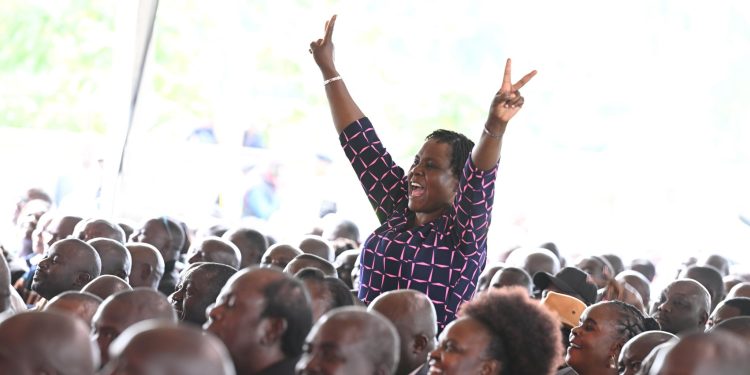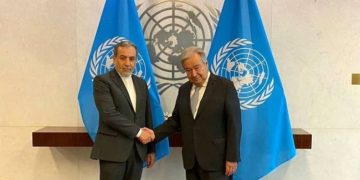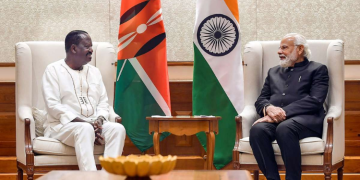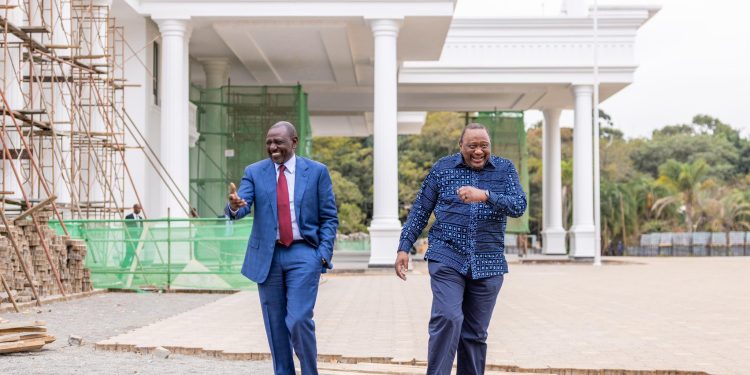In 2024, the streets of Nairobi, and at least 37 of Kenya’s 47 counties, ran with the blood of Kenyans. Mostly young. Primarily Gen Z, with some Millennials. They were demanding better governance, real democracy, fair and just application of the rule of law, and above all, honest use of their taxes.
At the heart of the revolt, sparked by the Finance Bill of 2024, lay long-standing grievances: corruption, nepotism, tribal politics, waste, inequality, and arrogance in leadership. More than a year later, that uprising still echoes in our conscience. It proved something powerful; this generation will not stay silent against injustice. If they see rot, they will try to clean it up. Yet one hard question lingers: are we the change we want to see?
Hypocrisy at the Individual Level
It is one thing to fight in the streets. It is another to live those values at home, at work, and in private.
We often demand a corruption-free country, yet in practice, many of us have paid a bribe to get things done. We call for leaders to rise above tribalism, yet election after election, we retreat to our ethnic corners. We want merit-based hiring, but when opportunity knocks, we often favor our relatives or those who look and think like us.
Also Read: How Gen Z Can Oust Ruto in 2027 – Justina Wamae’s Vision
This is the uncomfortable truth. The same double standards we condemn in leaders thrive in our daily lives.
Kenya’s Constitution is clear. Chapter Six demands leaders who serve with selfless integrity, impartiality, and public accountability. The Leadership and Integrity Act (2012) goes further, charging state officers to act with honesty and transparency, because public office is a trust, not a tool. But these principles do not apply to leaders alone; they are a mirror for every citizen.
Everyday Corruption
Hypocrisy isn’t just political, it’s everywhere.
Our daily actions often reflect the same rot we protest. Cutting queues in traffic, misusing workplace resources, or turning a blind eye when wrongdoing benefits us; these may seem small, but they spring from the same soil as grand corruption.
Article 10 of the Constitution calls for integrity, inclusiveness, and accountability. Article 35 gives every citizen the right to access information, empowering us to demand transparency. The Bribery Act (2016) criminalizes giving or receiving bribes, reminding us that corruption survives only when both sides play along. Other laws, such as the Public Procurement and Asset Disposal Act, and oversight bodies like the EACC, reinforce the same principle. Systems are only as honest as the people inside them.
The Principle Is the Same
We are who we are when nobody’s watching. If you tidy your bed, dress carefully, and choose good food, why not bring the same care to public life?
If we don’t embody the democracy we demand, freedom of expression, press, movement, and privacy, how will we ask others to live it too?
Also Read: What Ruto Will Consider When Choosing 2027 Running Mate
If we want democracy and good governance, we must embody those values in the choices we make every day. Heroes who came before us paid dearly for their principles. They were beaten and silenced, but history honors them because they lived their values.
The question is whether we will do the same. Want clean leadership? Lead cleanly. Want fair hiring? Hire fairly. Want justice? Be just.
The Everyday Test
When traffic is heavy, do we queue or cut ahead? When an opportunity arises, do we give it to the most qualified or the one we favor? When we see wrongdoing, do we speak up or stay silent because it benefits us?
These daily tests define whether we are serious about change or just loud.
System and Self
Yes, Kenya’s problems are systemic: corruption, inequality, and poor governance. But systems are made of people. If each of us fails to live by principle, nothing changes. It is easier to blame leaders. Harder to admit that we sometimes echo their worst behavior.
The Gen Z revolt reminded us of what courage looks like on the streets. But the bigger challenge is what integrity looks like in our kitchens, classrooms, marketplaces, and matatus.
Walking the Talk
“Be the change you want to see” is not a slogan. It is a daily challenge. Don’t demand transparency if you live in secrecy. Don’t call for justice if you bend rules for friends. Don’t ask for meritocracy if you promote bias.
Kenya’s future will not be built only by protests or court orders, but by citizens who live their demands consistently, even when the cameras aren’t rolling.
Kenya changes the day its people live the principles they shout for in the streets. Not a day sooner.
Follow our WhatsApp Channel and X Account for real-time news updates.














































































